

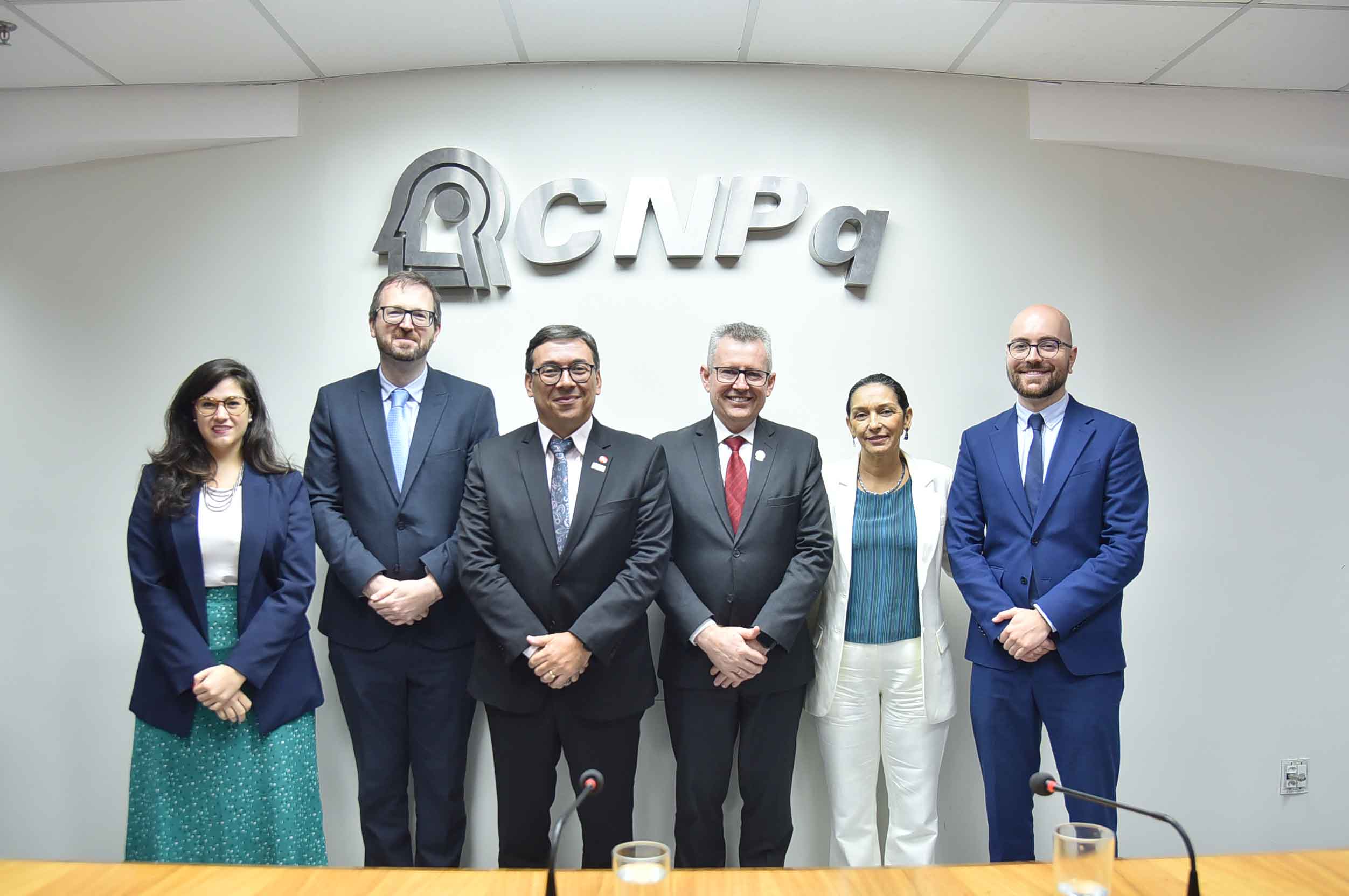
The funding will be for scientific expeditions under the current call for proposals which is taking applications until April 29, 2024.
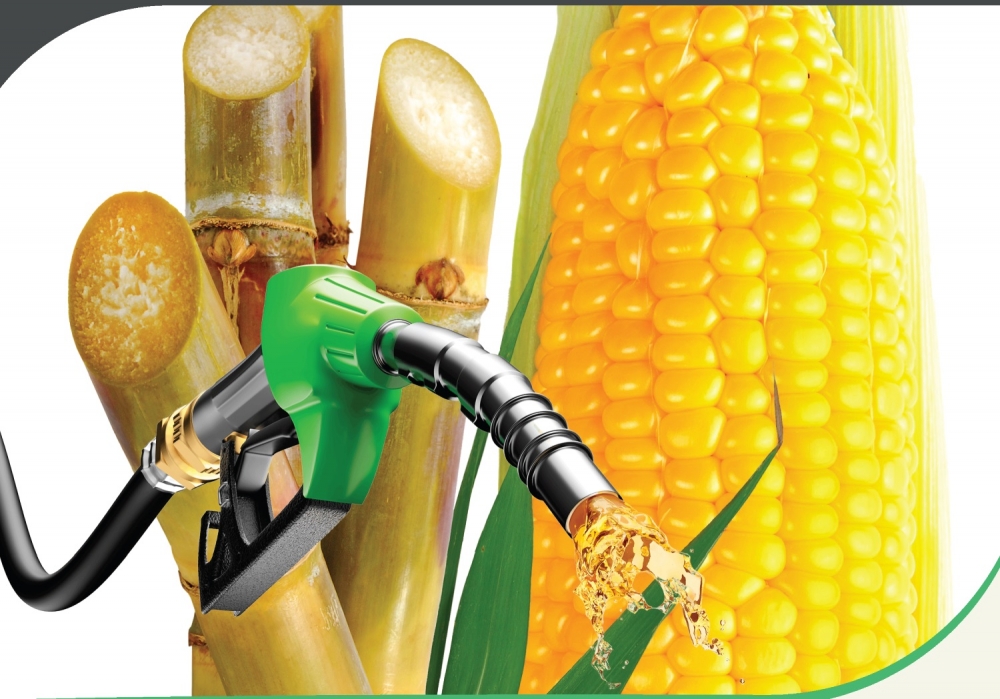
Written by two experts on biofuels, Luís Augusto Barbosa Cortez and Frank Rosillo-Calle, the book explores Brazil’s experience and how other countries can learn from it in the context of climate change.
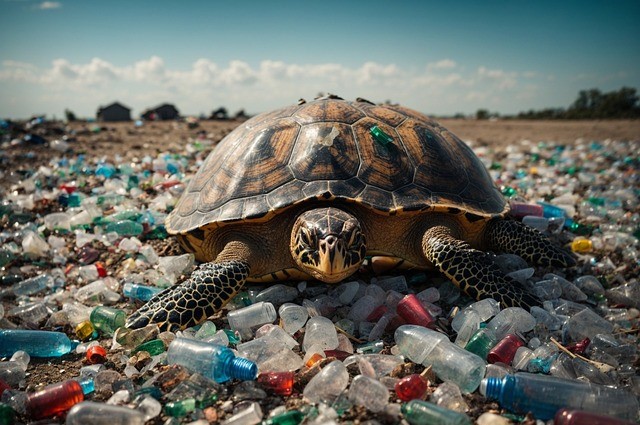
Researchers at the Federal University of São Paulo analyzed allegedly biodegradable plastic items sold by 40 supermarkets and found most to be oxo-degradables, banned in several countries because they contribute significantly to microplastic pollution. Bills currently before Brazil’s Congress would regulate the sale of such products.
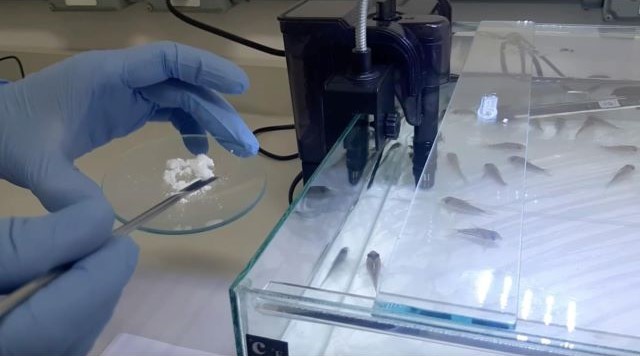
In addition to helping combat antimicrobial resistance, the bioparticle developed at the Federal University of São Paulo avoids the waste and pollution created by excessive amounts of drugs in water bodies. The strategy was tested on an ornamental fish species native to the Amazon and found to be safe.

‘Amazon Day: Science for the Amazon’ was held on September 15, during the 78th United Nations General Assembly. Panelists discussed the role of science, technology and innovation in sustainable development for the region.
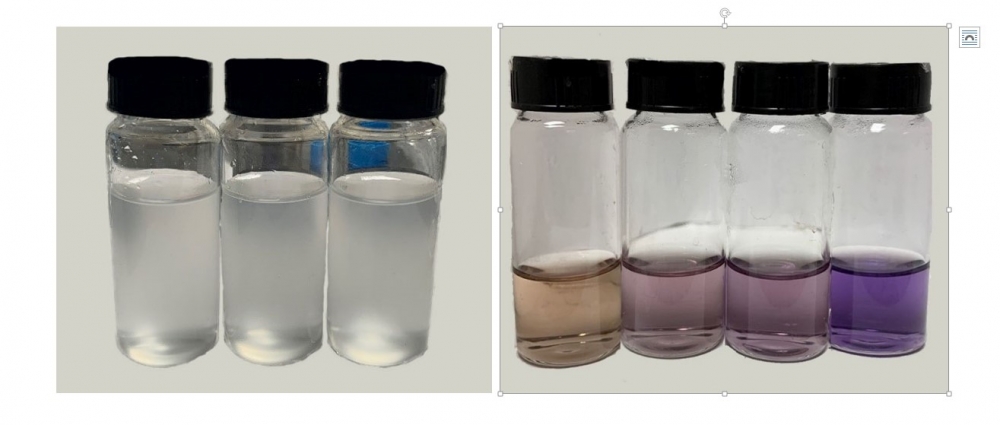
The technique uses functionalized cellulose fibers from sugarcane bagasse to remove residues of the herbicide from an aqueous medium.
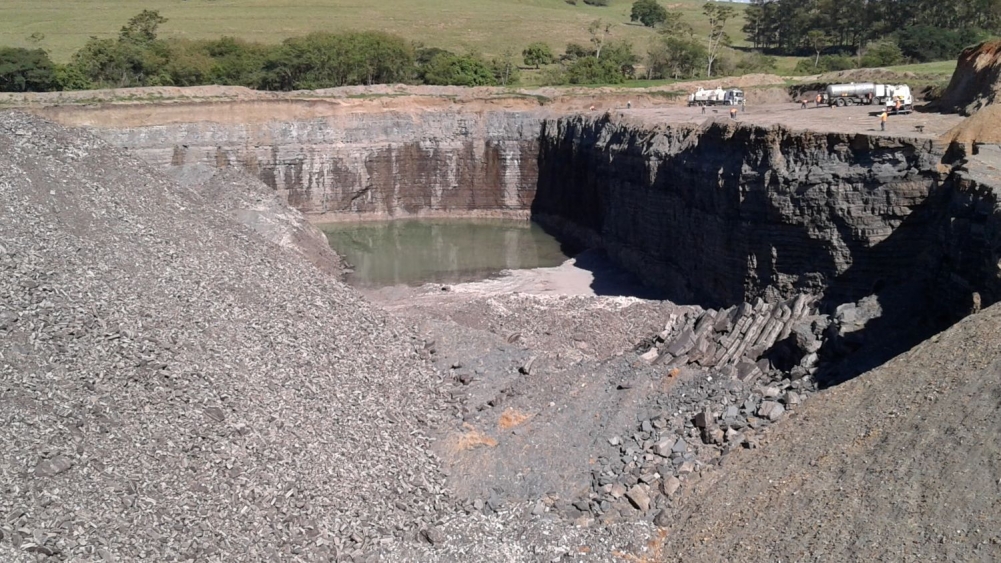
Researchers at the University of São Paulo highlight the importance of monitoring these areas and advocate the use of technosols based on tailings and other waste to offset part of their emissions.
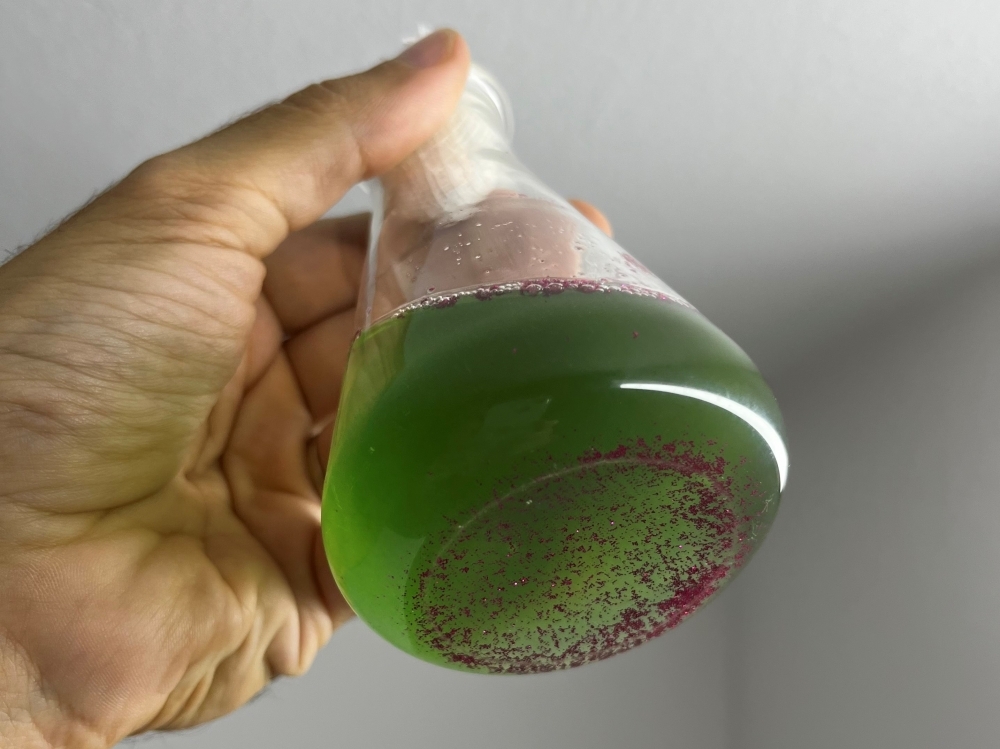
Researchers at the University of São Paulo investigated the effects of five concentrations of glitter on two strains of cyanobacteria. Use of the material in makeup, party costumes and decorations should be reconsidered, they argue.
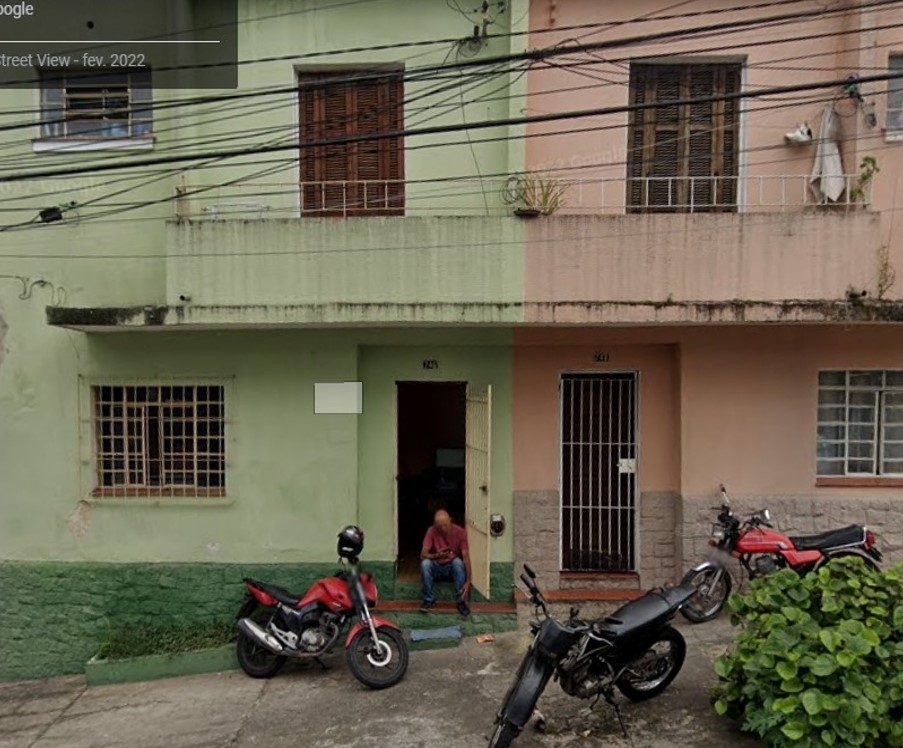
The first-ever study of dark kitchens conducted in Brazil collected data on 22,520 establishments located in three cities in São Paulo state and listed by iFood. An article on the study offers a profile of these delivery-only restaurants, which proliferated during the pandemic.
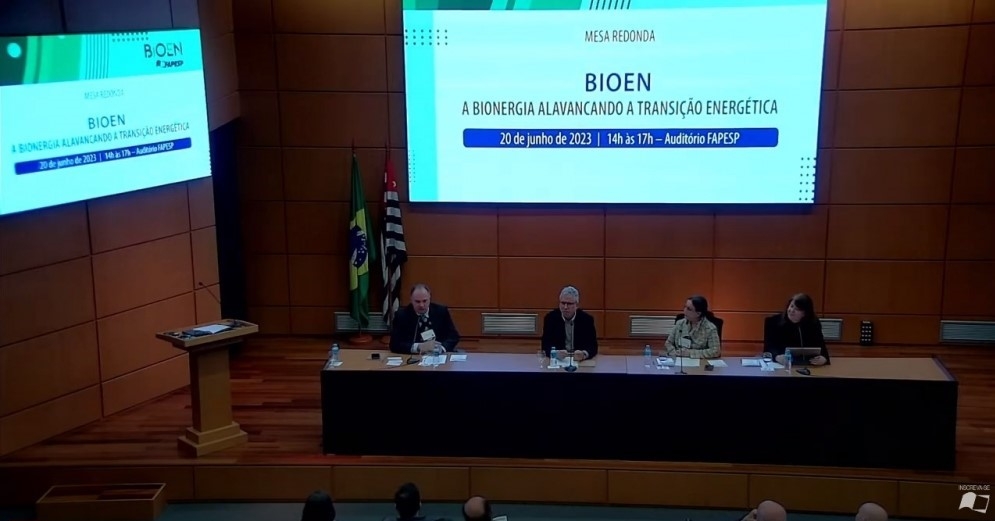
The view was expressed by participants in a discussion on “Bioenergy’s major contribution to the energy transition” organized by the FAPESP Bioenergy Research Program.
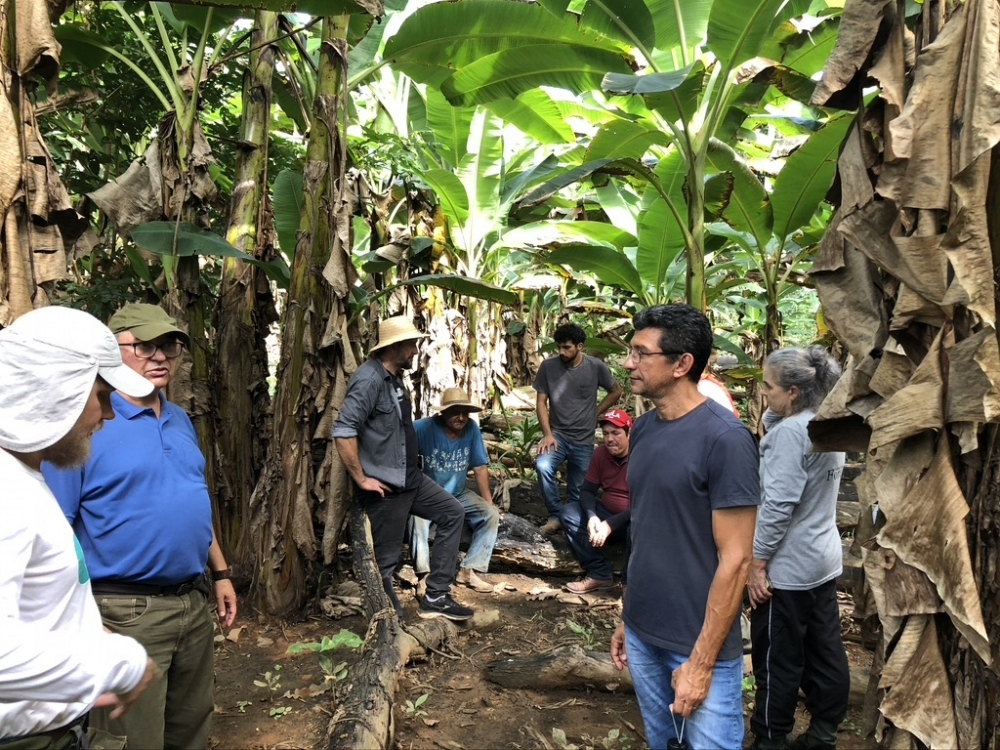
Strategies for reconciling forest conservation and income generation for families living on Chico Mendes Extractive Reserve in Acre state are the focus of a project in which local scientists are collaborating with colleagues from the states of São Paulo and Pará. The project is part of the Amazon+10 Initiative.
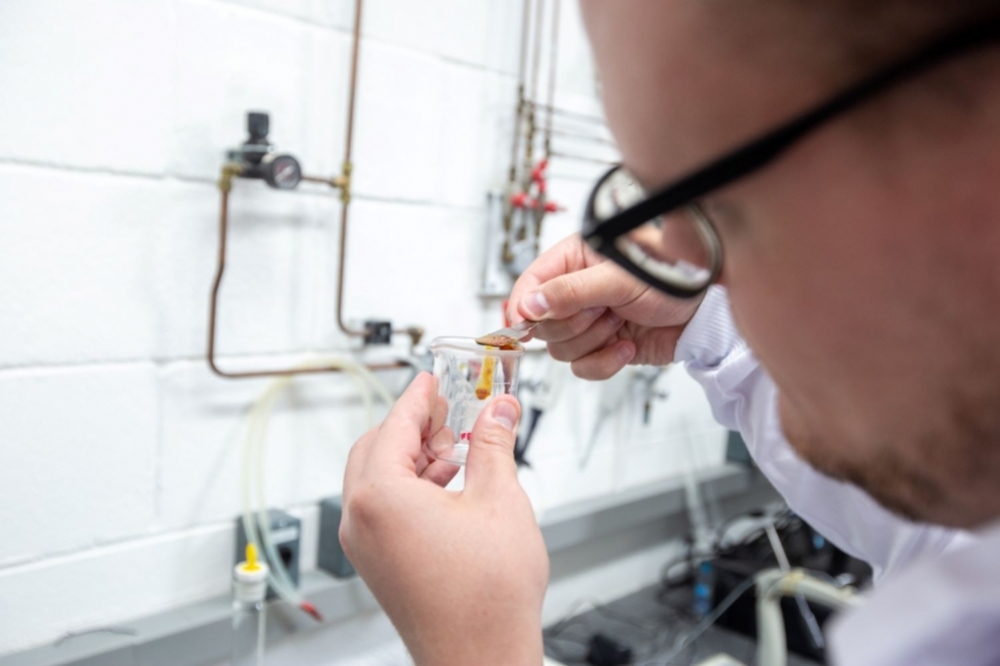
The material was designed by Brazilian researchers and includes a derivative of limonene from citrus rind, blended with chitosan, a biopolymer from exoskeletons of crustaceans.

Soon to be officially launched, IPOS is a coalition of 16 research institutions, research funders and universities. Its mission will be to bridge the science-policy divide and help protect the world’s ocean environment.
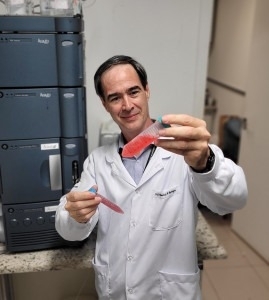
Resin applied to purification of compound can be reused in eight different cycles without loss of effectiveness.
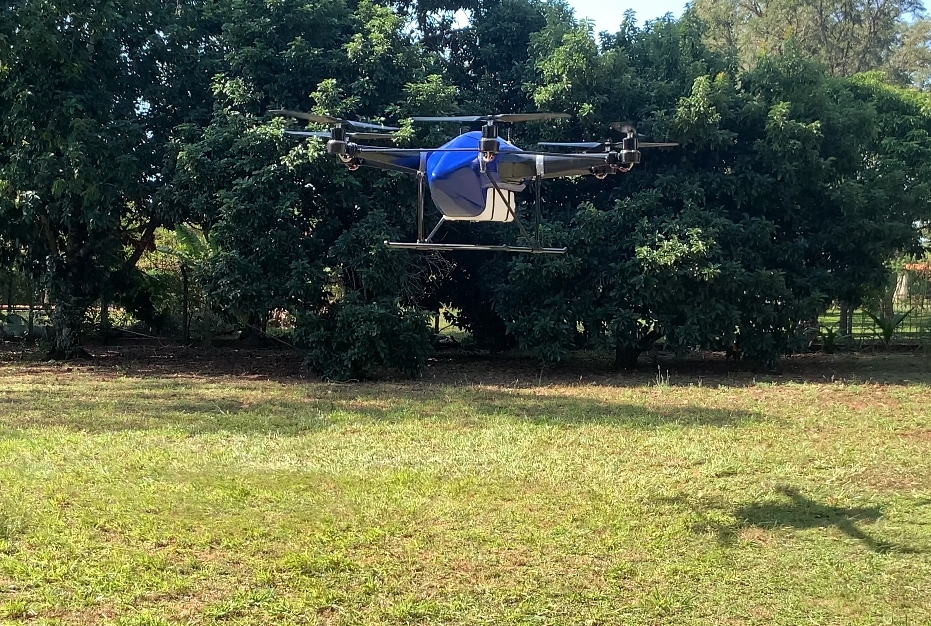
Brazilian technology developed with FAPESP’s support can be used to spray large or small areas, economizing inputs, lowering costs and mitigating environmental impacts.
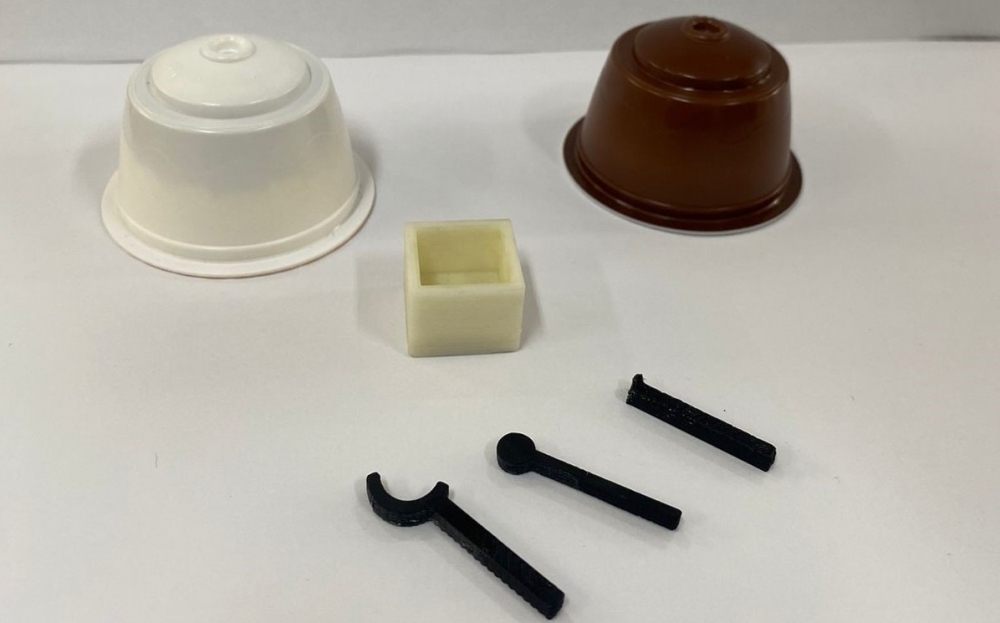
Tested by Brazilian and British researchers, the process is an example of circular economy technology, in which waste produced in one economic activity is converted into resources for other sectors.

Addition of rosmarinic acid at a mere 0.1% reduced the amount of sunscreen needed to protect the skin, increased the sun protection factor by more than 41% and combined photoprotection with antioxidant activity. The innovation would reduce the volume of chemical substances discharged into the environment.
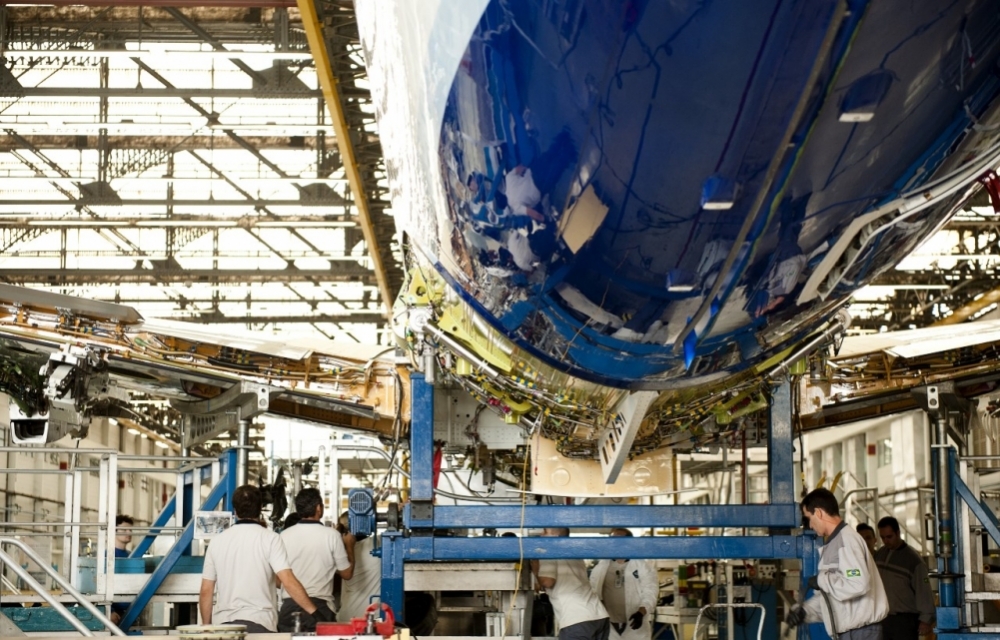
Established by FAPESP and Embraer at the Aeronautical Technology Institute (ITA), ERC-AMF will conduct research on innovative topics with the potential to contribute to the competitiveness of Brazil’s aerospace industry.

The researchers analyzed data for more than 500 coffee farms in areas of Atlantic Rainforest and Cerrado, Brazil’s savanna-type biome, in 84 municipalities in the states of São Paulo and Minas Gerais.
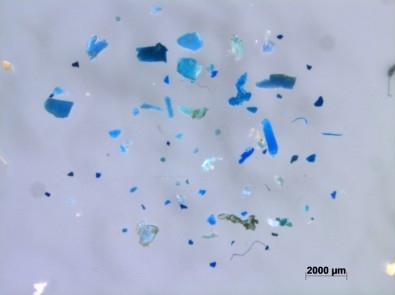
An article by researchers at the Federal University of São Paulo argues that the analysis should consider not just the quantity but also the size and shape of plastic particles in water samples, as these variables influence the impact of plastic pollution on ecosystems.
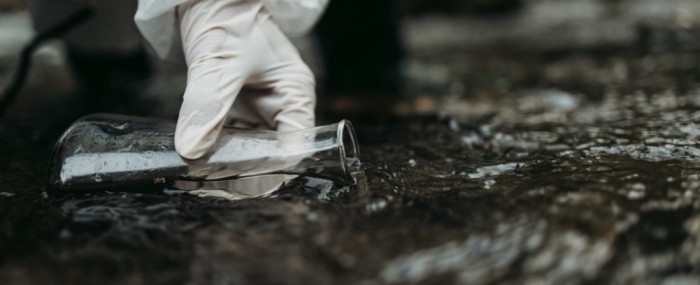
The novel material was synthesized at the Center for Development of Functional Materials. The aim of the study was to combat the contamination caused by inappropriate disposal of pesticides and pharmaceuticals.

A study by Brazilian researchers shows that the use of bioenergy avoids greenhouse gas emissions. Another benefit of their bioreactor is conversion of apple pomace into organic fertilizer.
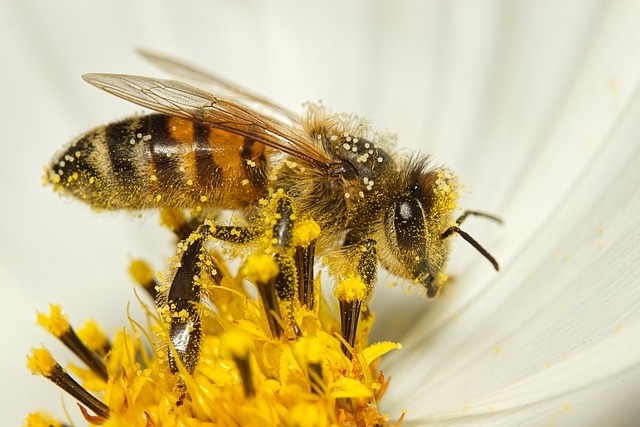
As part of a project supported by FAPESP, researchers at a startup called PollinTech are developing a strategy to use to sniffer bees to pollinate coffee crops. The firm took part alongside several other startups in the 22nd PIPE High Tech Entrepreneurship Program hosted by FAPESP to showcase innovative research.
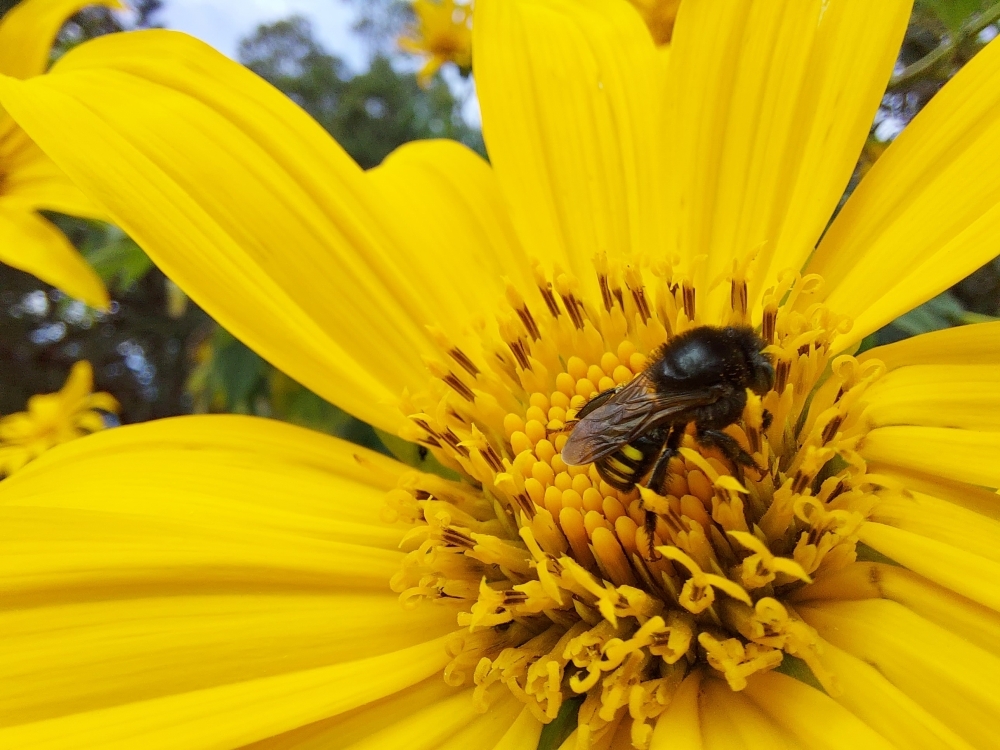
Supported by FAPESP, the project also aims to encourage conservation of Brazilian wildlife and valorize the culture and craftsmanship of local communities.
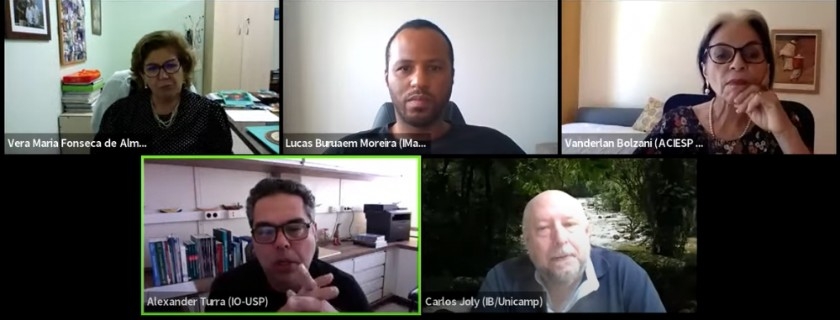
In a webinar held to present the third chapter of the book published by the São Paulo State Academy of Sciences to commemorate FAPESP’s sixtieth anniversary, specialists showed that protection of terrestrial and marine environments contributes to food production and job creation, among other benefits.